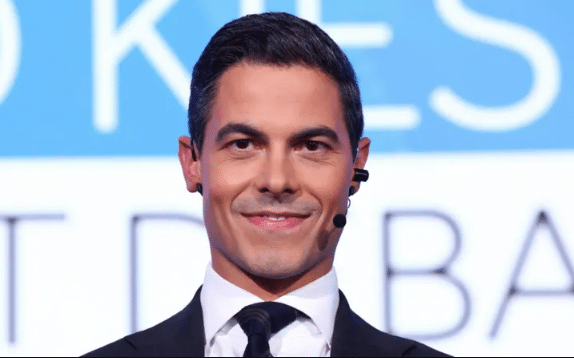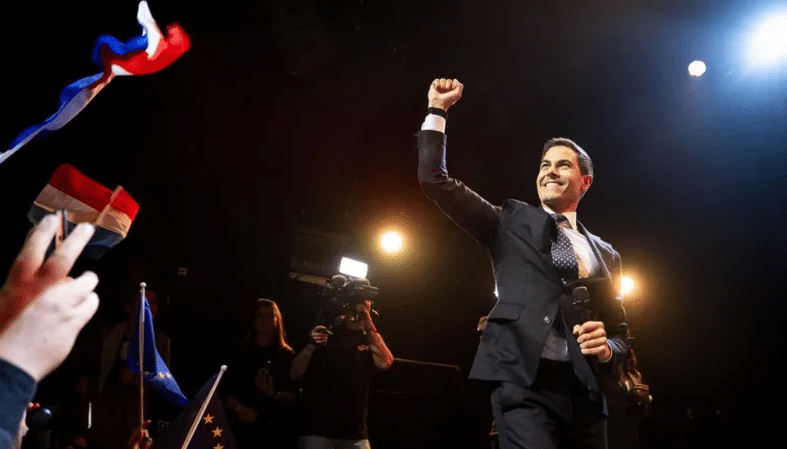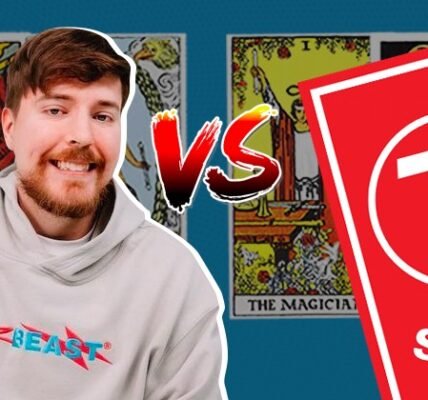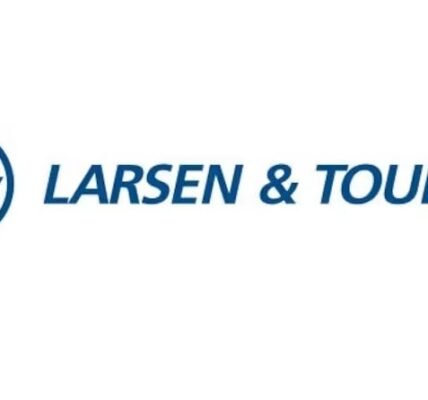
The Dutch parliamentary election has ended in a dramatic deadlock, with Rob Jetten’s centrist-liberal party D66 and Geert Wilders’ anti-Islam Freedom Party (PVV) both projected to win 26 seats in the 150-seat parliament, according to the latest results with over 90% of votes counted.
Early exit polls had suggested a stronger lead for D66, but final projections show a neck-and-neck race. The result sets the stage for complex coalition negotiations in the coming days.
D66 Surges, Matching PVV in a Surprise Comeback
Only weeks ago, polls predicted that D66 would secure around 12 seats. However, the 38-year-old Rob Jetten delivered polished performances in televised debates and interviews, boosting the party’s popularity. His appearance on the national quiz show The Smartest Person further helped his public image.
Celebrating the historic performance, Jetten told supporters:
“Millions of Dutch people have turned a page; they’ve said goodbye to a politics of negativity.”
Wilders Concedes Setback Despite Strong Showing
Geert Wilders’ PVV had previously secured 37 seats in the 2023 election. This year’s result is a significant drop, though Wilders noted it is still his second-best performance ever.
He admitted he is unlikely to form a government:
“I would naturally rather have seen more seats… but we have still had our second-best result.”
Many mainstream political leaders stated during the campaign that they would not join a coalition with Wilders—making his path to power extremely difficult.
Key Parties Close Behind
Three other parties remain within striking distance:
| Party | Projected Seats |
|---|---|
| VVD (Conservative Liberal) | 22 |
| Labour-GreenLeft (PvdA-GL) | 4th Place |
| Christian Democrats (CDA) | 18 |
The CDA in particular has made a surprising comeback after nearly collapsing just two years ago.
CDA leader Henri Bontenbal told supporters:
“What a fantastic result – two years ago we could not have dared to dream of this.”
Coalition Talks Will Be Challenging
Rob Jetten says he aims to form a “stable and ambitious” coalition. Potential partners could include:
- Labour-GreenLeft (PvdA-GL)
- Conservative Liberals (VVD)
- Christian Democrats (CDA)
Wilders’ previous coalition collapsed after just 11 months in 2024 following disagreements over asylum and migration, which has made voters cautious.
Housing Crisis Dominated Voter Concerns
While asylum and migration were major talking points, the biggest concern for voters was the severe housing shortage—estimated at 400,000 homes in a country of 18 million people.
D66 pledged to build 10 new cities to help solve the crisis.
A D66 supporter noted:
“It shows the Dutch are craving a prime minister who is able to unite the country and tackle the major challenges.”
Why This Election Matters
- No party reached 30 seats — a historic rarity
- Dutch voters clearly signaled a desire for new leadership and unity
- Coalition building will determine the country’s political direction
With the race too close to call and coalition talks expected to take weeks, the Netherlands is heading into a pivotal moment that could reshape its political landscape.





